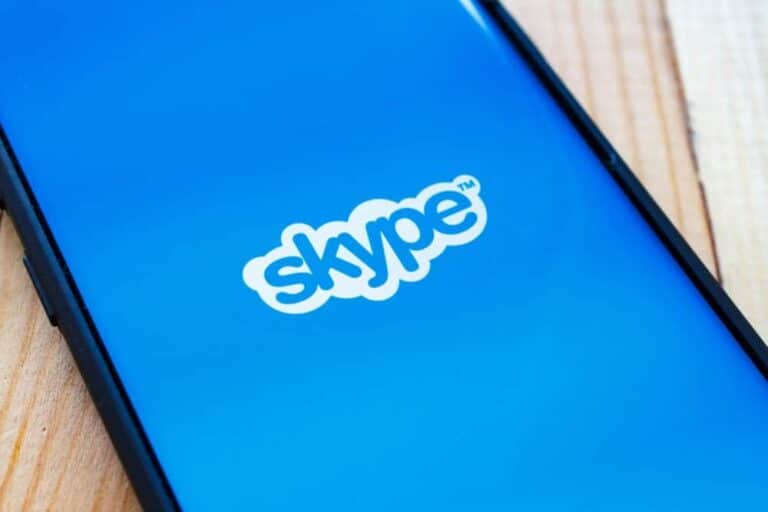Skype’s days are probably numbered. Microsoft plans to shut down the service in May this year, and users will have to switch to Microsoft Teams.
XDA Developers’ examination of the latest Skype for Windows preview reveals that Microsoft has hidden code built into this version announcing the end of the service. This hidden code states the following: ‘Starting in May, Skype will no longer be available. Continue your calls and chats in Teams‘. No more announcements are made, but the message is clear.
Source: XDA Developers
Microsoft has probably decided on the matter and is now making Skype users compulsorily migrate to Microsoft Teams, probably the consumer version.
No surprise
Microsoft’s move is not surprising. Skype, which the tech giant acquired in 2011 for $8.5 billion, has already been used much less in recent years, especially since 2019, when Microsoft Teams, as well as competing services such as WhatsApp, iMessage, and Discord, gained the upper hand in the VoIP calling and messaging market. To illustrate its demise: during the pandemic, Skype hardly got any attention as an alternative conferencing platform to the likes of Teams or Zoom.
Microsoft Teams and Skype have so far always coexisted for business users. In doing so, Skype was even used as the backbone for further building out the more popular Teams.
In recent years, Microsoft tried reviving Skype by adding features such as short videos or the AI chat app Bing, the precursor to Copilot. However, Microsoft failed to recruit many new users. It did release necessary patches for Skype from time to time, preventing it from becoming unsafe to use.
The last update dates from May 2024, and since December last year, it has no longer been possible to buy so-called Skype credits. This has proven to be an early sign of things to come.
Origins of Skype
Skype began in 2003 and was then one of the most popular VoIP messaging tools. Swedish IT entrepreneur Niklas Zennström and Danish business partner Janus Friis founded the platform. The two were also previously responsible for the P2P platform Kazaa.
The VoIP messaging platform initially used a hybrid P2P and client system. After being acquired by Microsoft in 2011, it became a fully Azure-based service.
Also read: Windows Mixed Reality dies a quiet death

